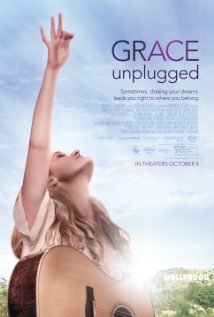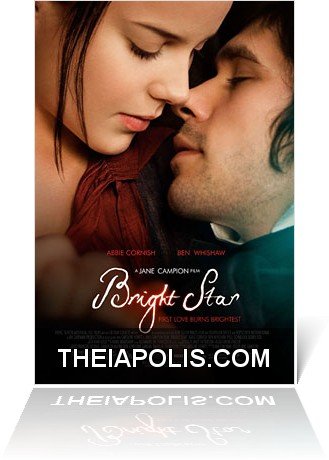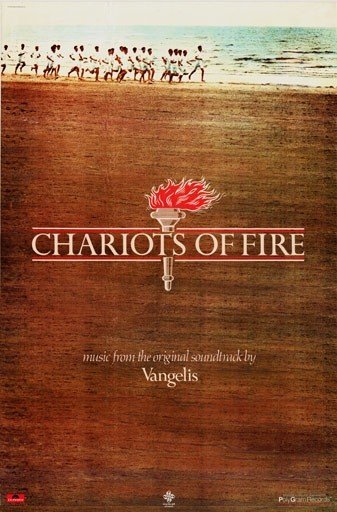"So Sad"

| None | Light | Moderate | Heavy | |
|---|---|---|---|---|
| Language | ||||
| Violence | ||||
| Sex | ||||
| Nudity |
What You Need To Know:
BRIGHT STAR is beautifully crafted, but drags on too long. If it were cut, it would be more compelling. Despite the movie’s Romantic worldview, it affirms morality. Several people do the right thing. This contradicts the Romantic creedo of “follow your own heart.” There are also vague deathbed appeals to God and a prominently displayed Christian cross, as well as a mention of the Bible. BRIGHT STAR is a very chaste love story, but there is one seductive comment about kissing.
Content:
(RoRo, B, C, L, V, S, A, M) Strong Romantic worldview about a Romantic poet with surprisingly a positive mention of the Bible, a prominently worn Cross, some appeals to God, and virtuous Christian actions including debauched poet decides to marry the maid when she gets pregnant; one obscenity and five invocations of God; man wracked by tuberculosis and dies, and his brother contracts tuberculosis, scar on wrist implies woman cut herself; kissing and discussions that hero will marry his lover and kiss her all over body; no nudity; alcohol use; no smoking; and, lying rebuked, elitism rebuked, bullying rebuked.
More Detail:
BRIGHT STAR is the sad love story of English poet John Keats and Fanny Brawne. Set in the early 1800s, the movie is done in a tasteful, Masterpiece Theater fashion that makes it acceptable for almost all audiences.
The director and screenwriter, Jane Campion, takes Fanny’s viewpoint. When they meet, Fanny is 17 and immediately starts flirting with Keats, who is 22. Keats’ roommate and fellow poet, Charles Armitage Brown, is very dismissive and rude toward Fanny. Keats, however, becomes more and more attracted to Fanny after she reaches 18. They get secretly engaged, but Keats’ brother, Tom, dies of tuberculosis.
Keats is not judged a suitable match for Fanny because he has no money and no prospects. His recently published poems are receiving negative critical response and are not selling at all. During their two years together, he writes some of his greatest poems. Eventually, the doctor tells him he must leave for Italy because of his tuberculosis. Thus, the love affair ends tragically.
Keats has become renowned as one of the great Romantic poets. He is softer and more sensuous than the other Romantics. His relationship with Fanny helped him to focus more on love and nature than anything else. He died at 25, so his success is even more amazing.
From his other writings, it can be seen that Keats did not understand Christianity and was horrified at the thought of Jesus Christ’s blood atonement. This aversion to blood probably comes from his father dying in a bloody accident and all the members of his family suffering the bloody coughing spells of tuberculosis. Be that as it may, Keats developed his own naturalistic religion, which he thought was more logical than Christianity, although it was not.
If BRIGHT STAR were edited better, it would have been more compelling. As it is, it is 119 minutes and it should have been 90 minutes.
That said, the movie is beautifully crafted with great attention to detail. Furthermore, despite Keats’ Romantic worldview, the movie affirms morality, especially when his friend Charles Brown marries the maid that he got pregnant. Several other people do the right thing in the movie, which contradicts the Romantic creedo of “follow your own heart.” There are also vague deathbed appeals to God and a prominently displayed Christian cross, as well as a mention of the Bible.
BRIGHT STAR is a love story, but there is no sex, except for some playful kissing. Also, Keats says he would like to kiss Fanny all over her body when they get married. Aside from that, this is a very chaste love story.
Those who like the poetry of John Keats and those who like period pieces will enjoy BRIGHT STAR.



 - Content:
- Content: 



